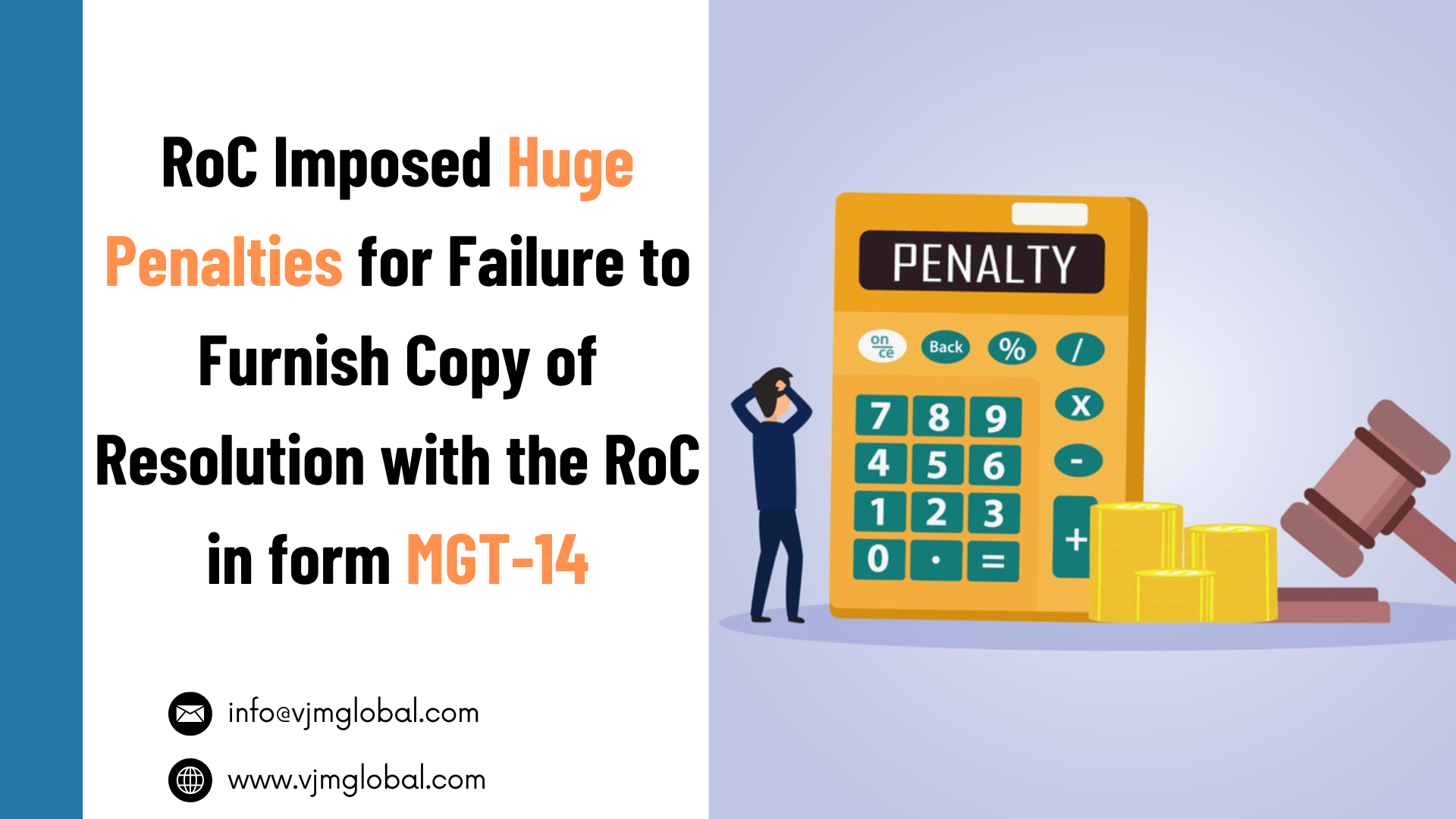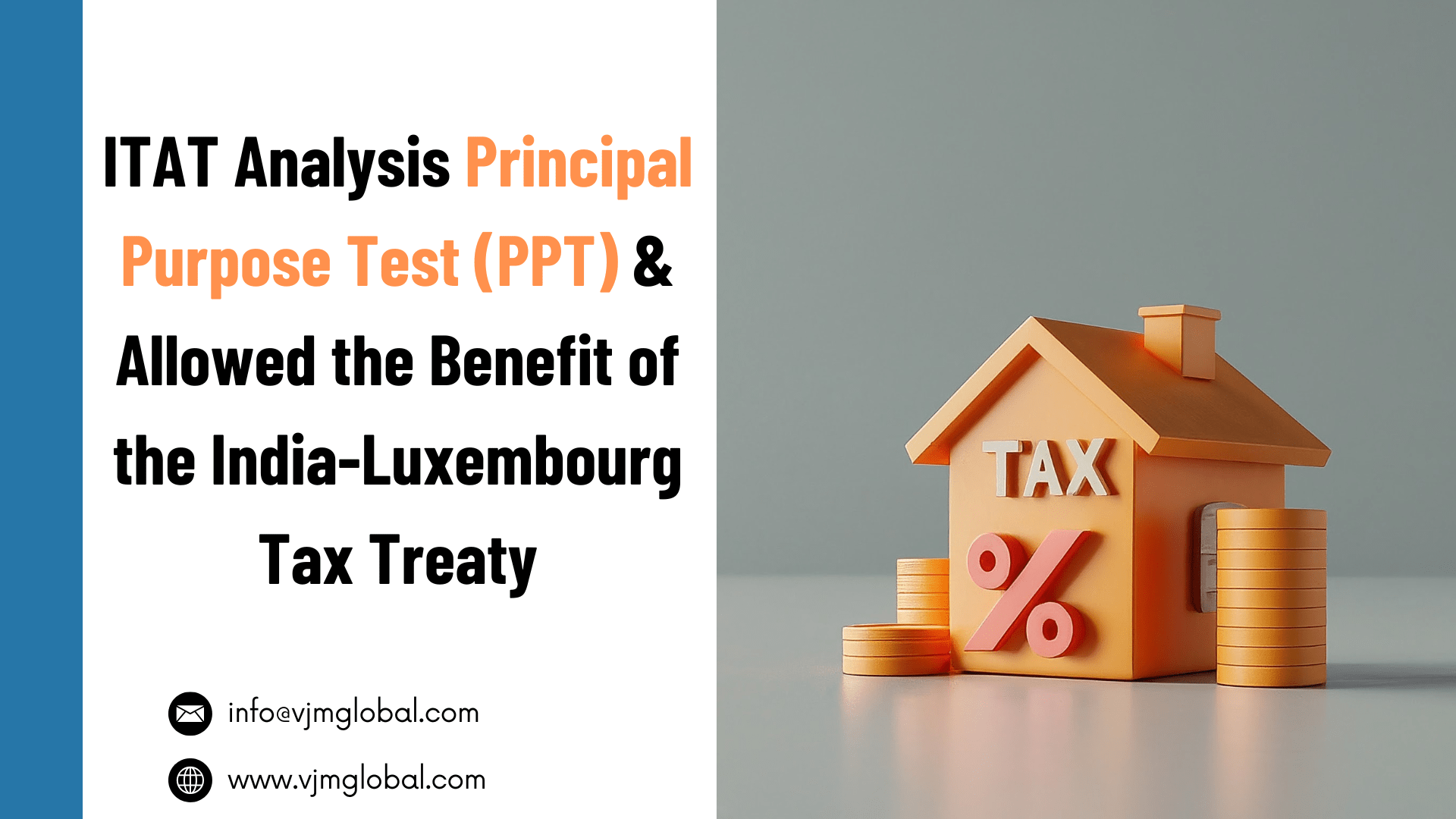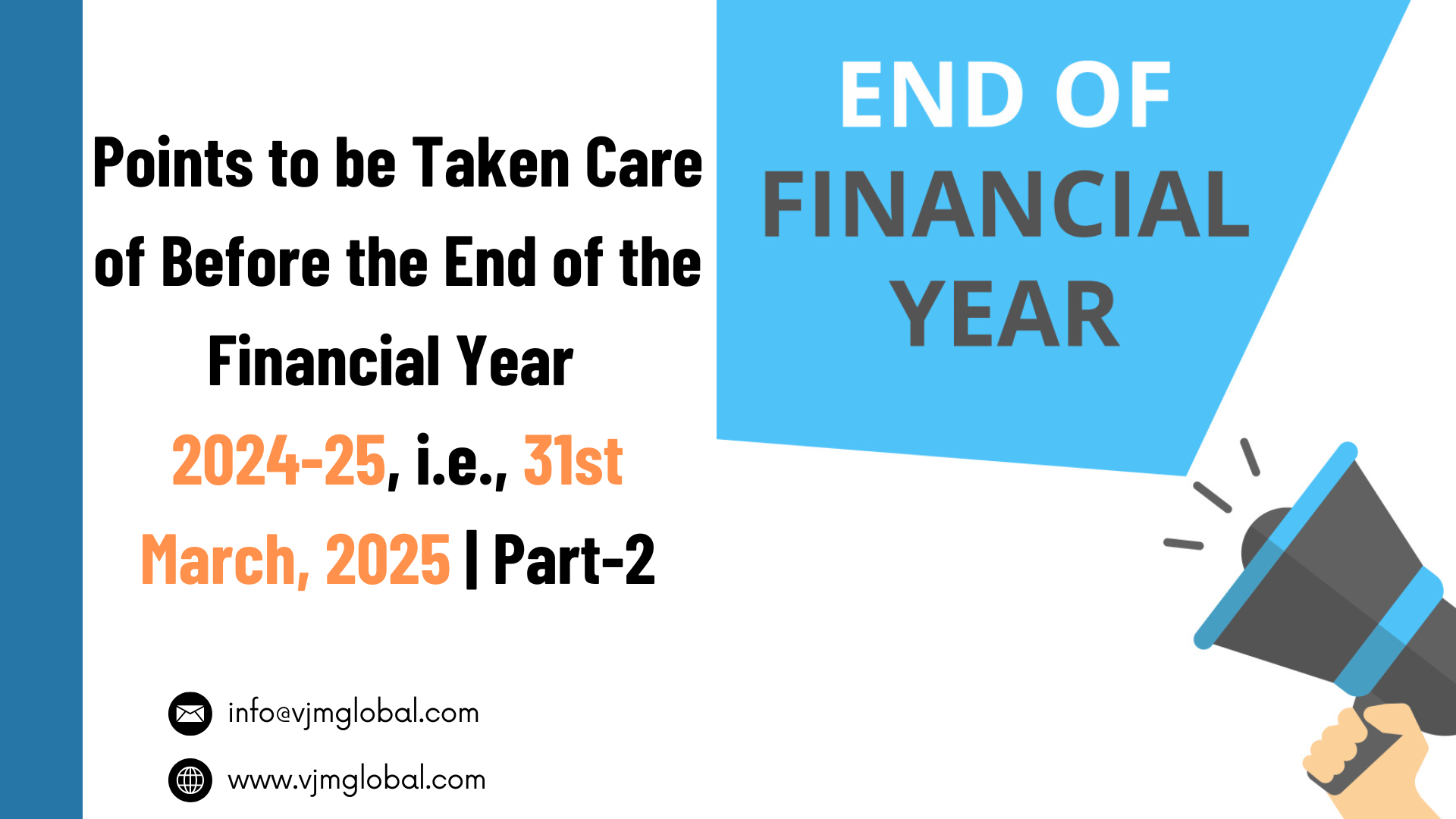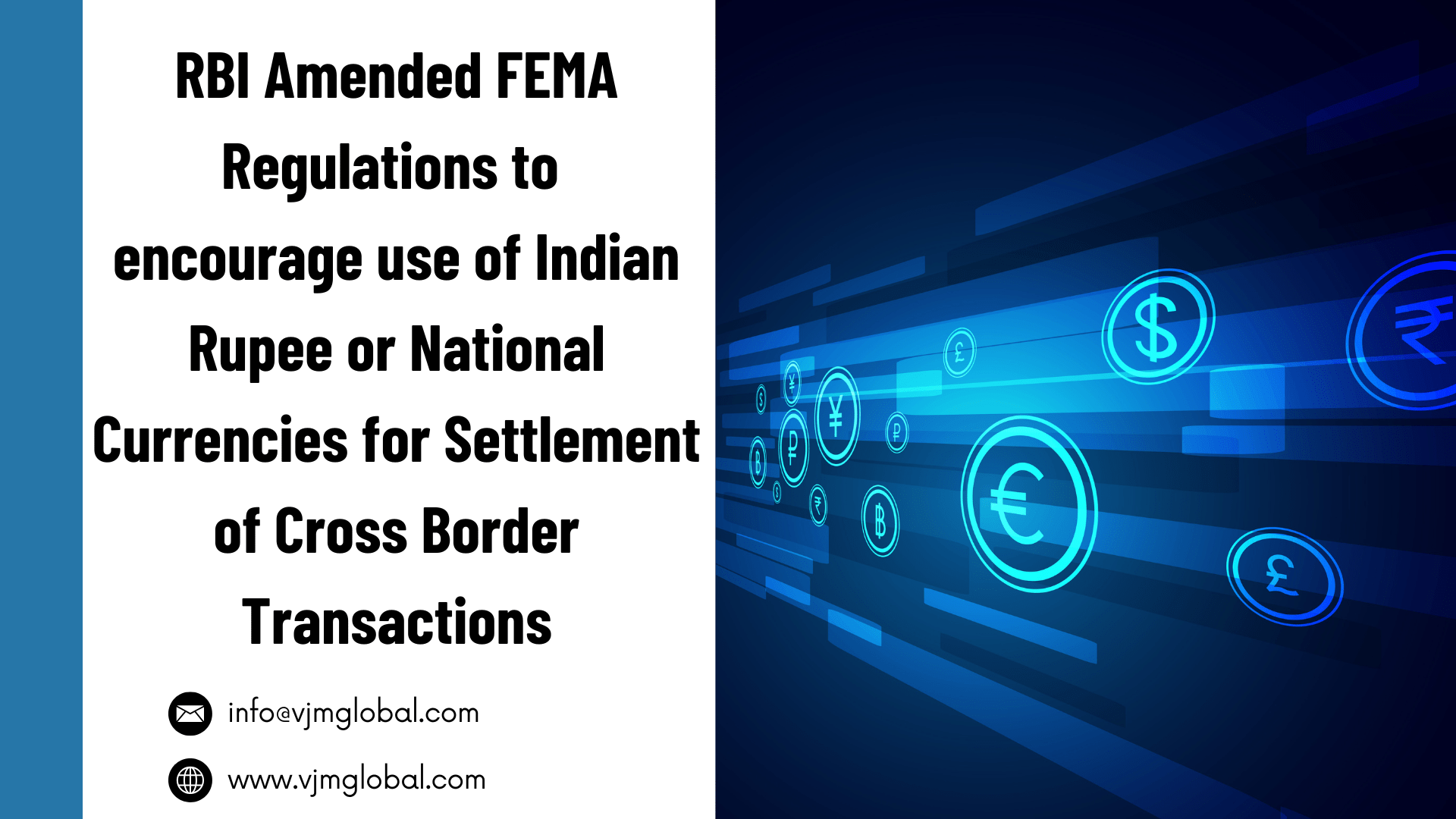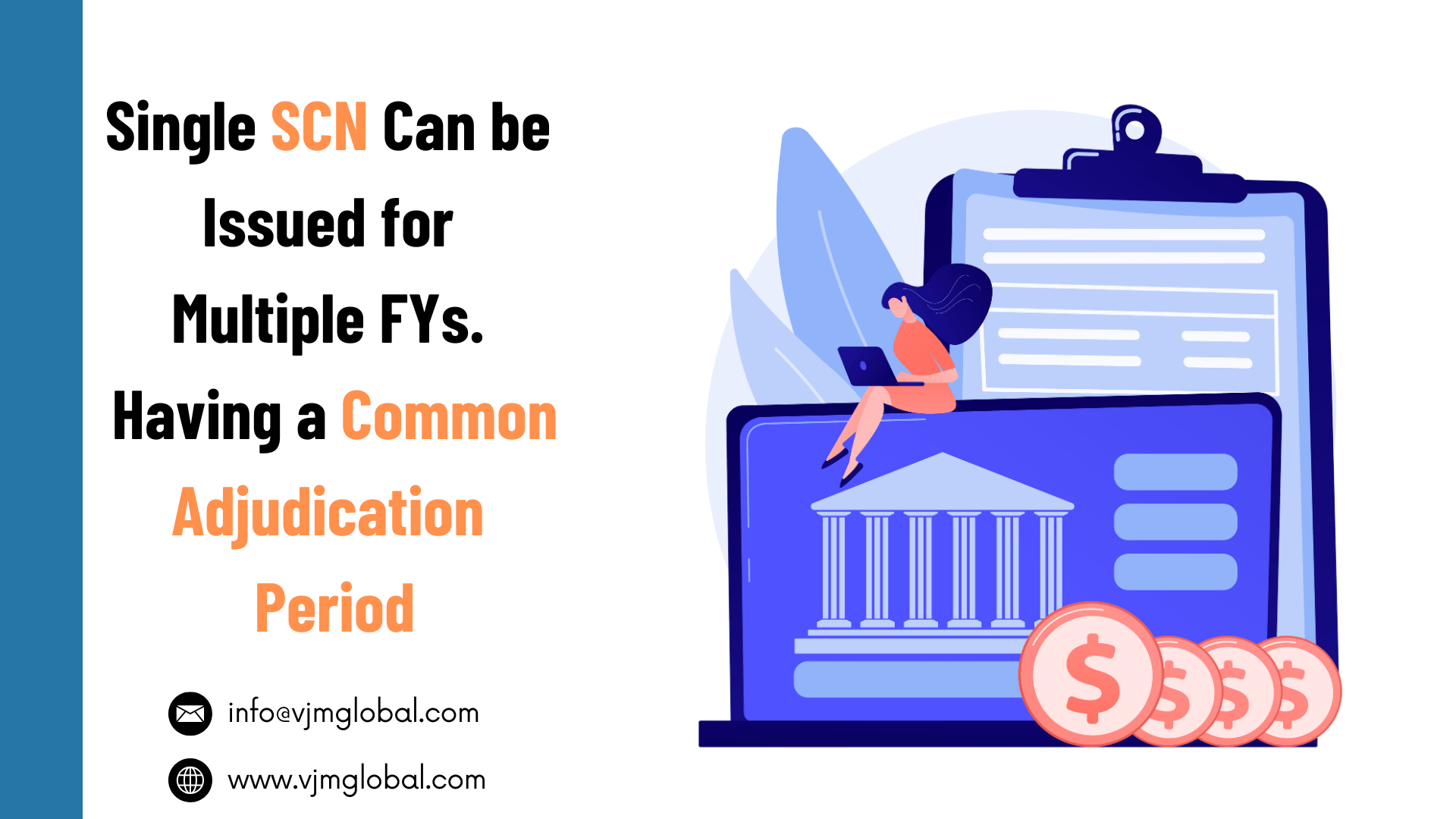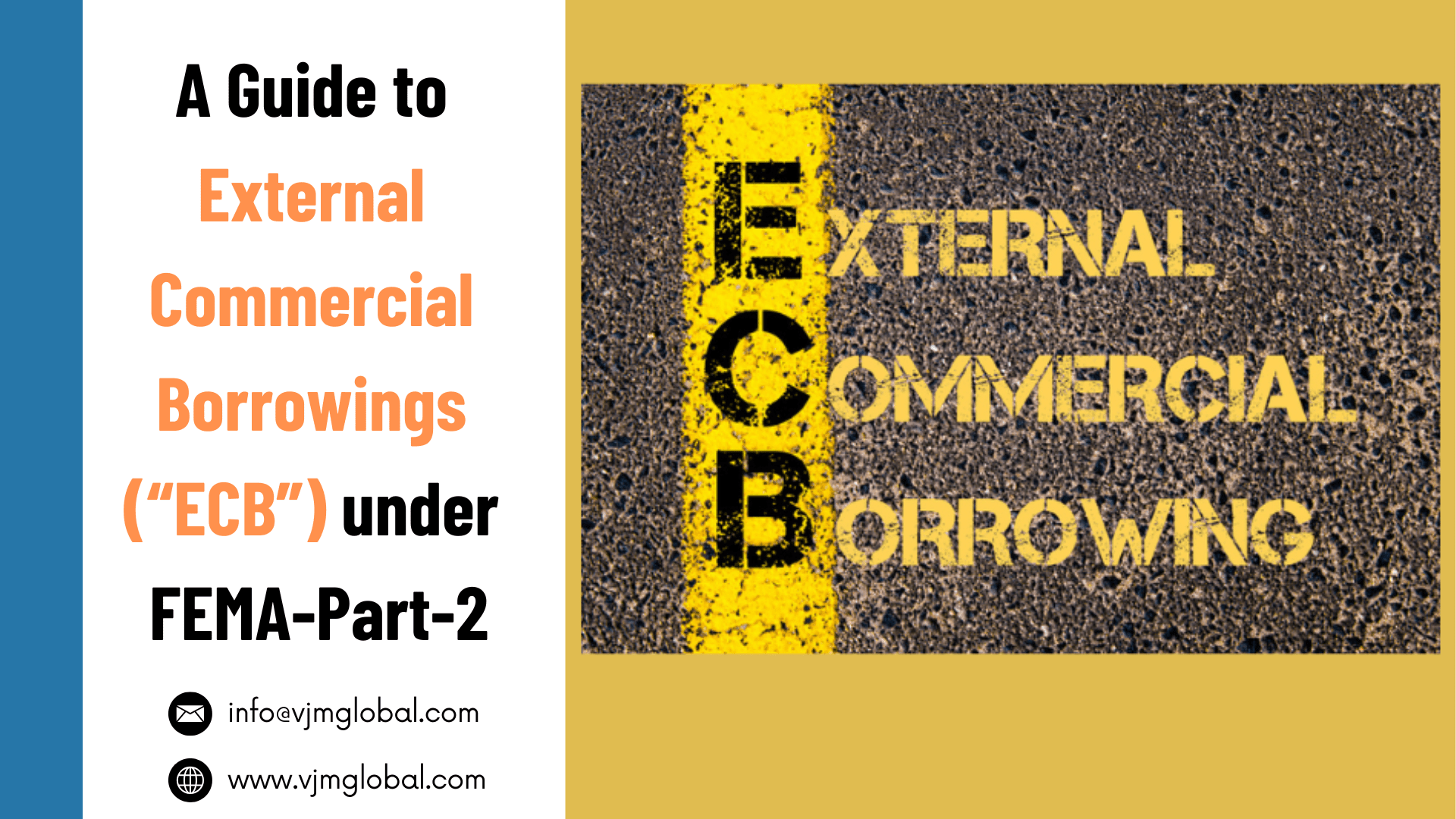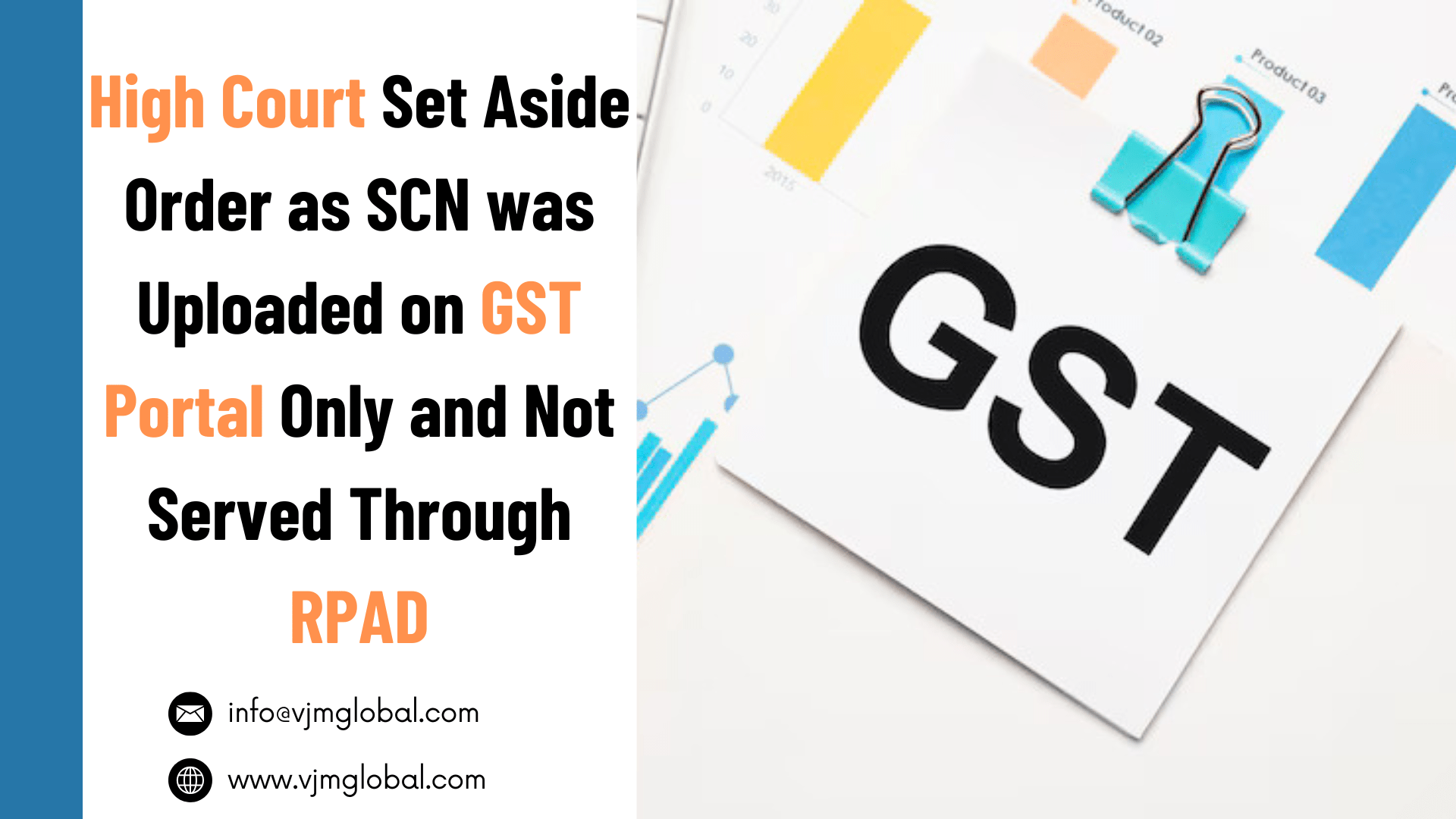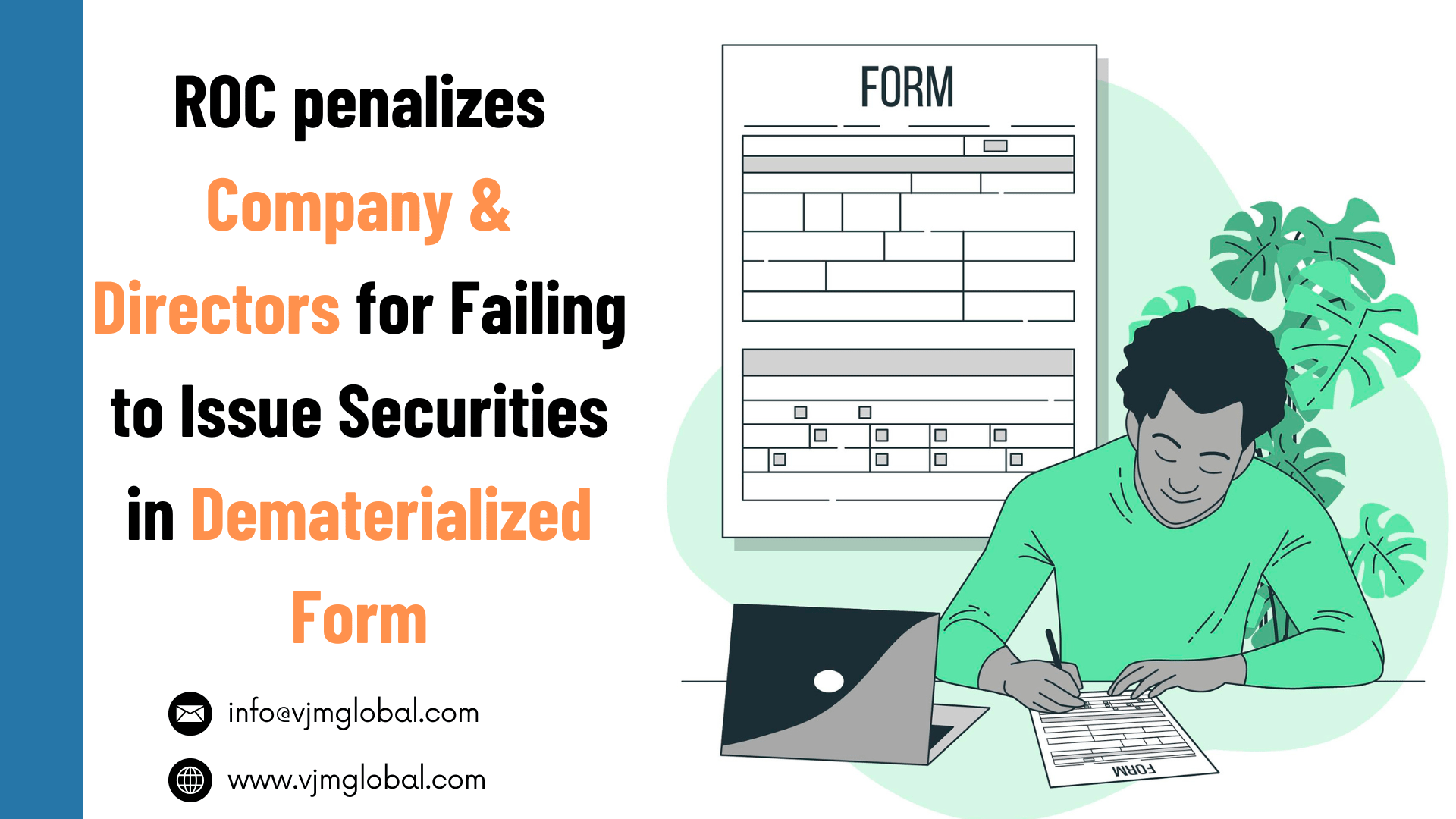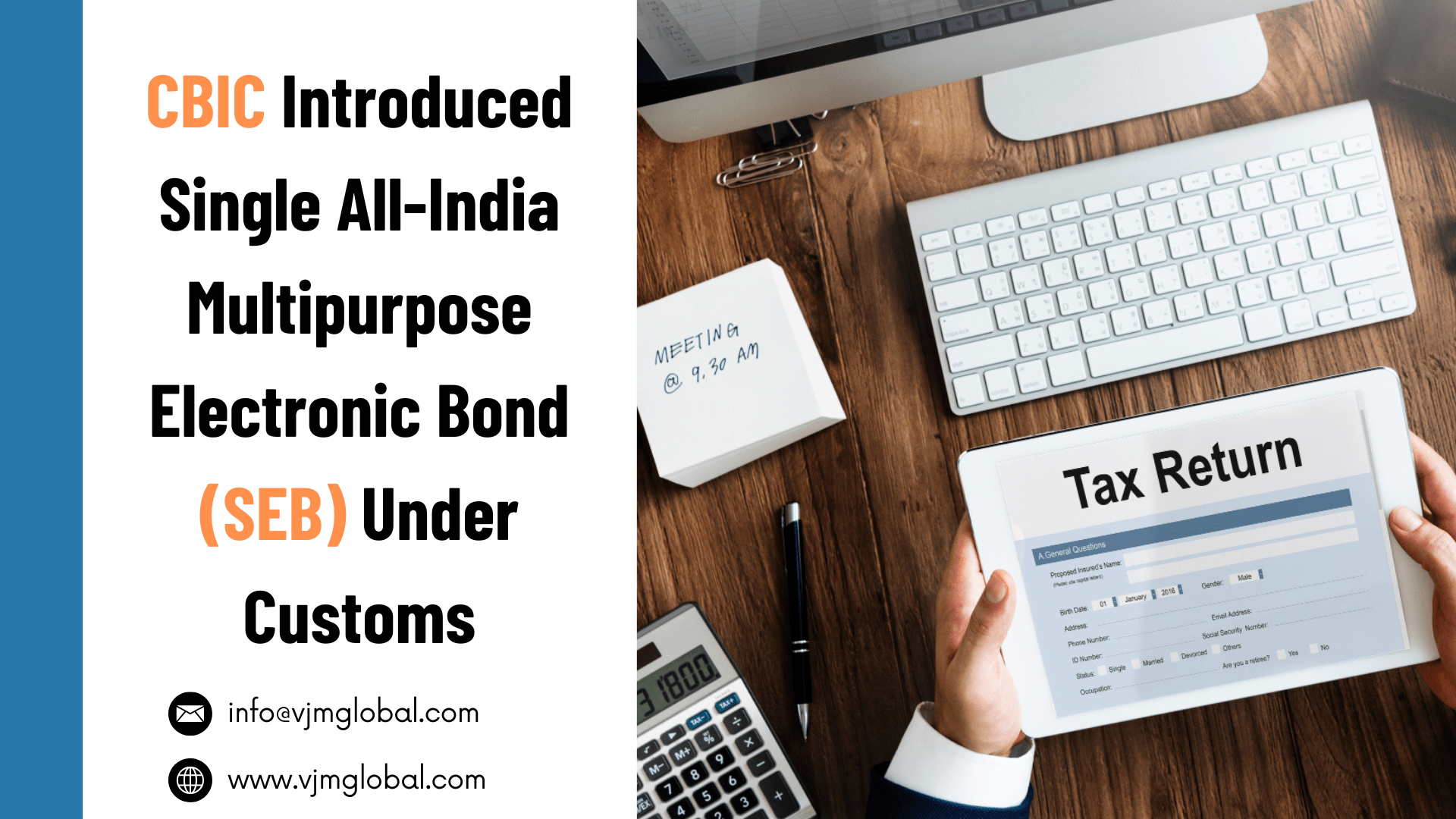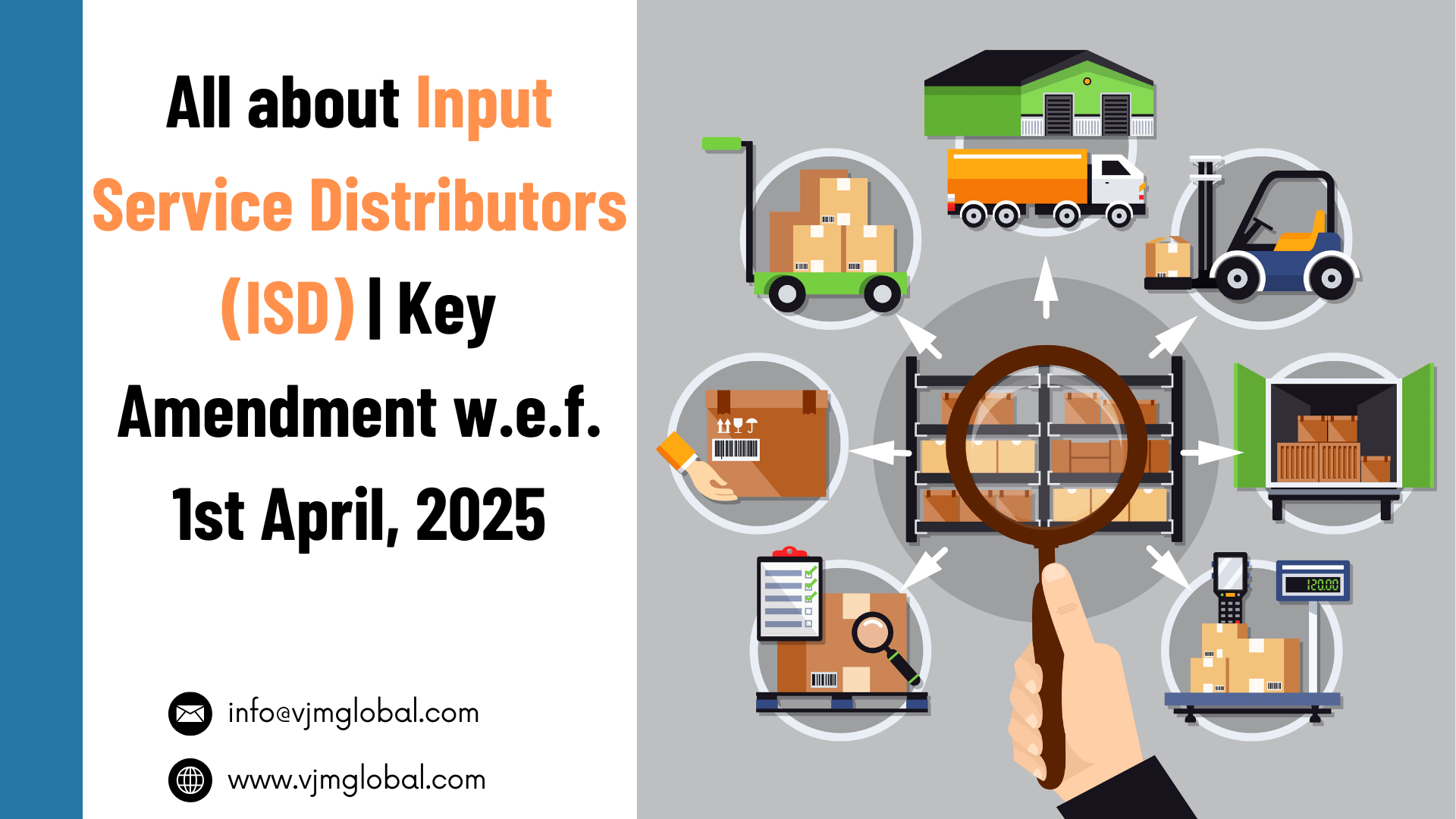Appeal against order of any authority can be filed by the party aggrieved by the order, i.e., the Assessee or the Department. Filing of appeal involves lots of cost and effort and also takes up the time of the judicial authority. Assessee files appeal after considering various factors such as amount of pre-deposit required, amount involved in dispute, time factor etc. However, for department appeal the CBDT specifies a monetary limit, i.e., upto specified monetary limit, no appeal shall be filed by the department.
The CBDT specified following enhanced limits for filing of appeal by department vide Circular No. 17/2019-Income Tax dated 8th August, 2019:
| Appellant Forum | Existing Monetary Limit (INR) | Revised Monetary Limit (INR) |
| Before Income Tax Appellant Trubunal | 20,00,000 | 50,00,000 |
| Before High Court | 50,00,000 | 1,00,00,000 |
| Before Supreme Court | 1,00,00,000 | 2,00,00,000 |
Vide Circular No. 5/2024 dated 15th March, 2024 (“The Circular), the Department has revised the guidelines for filing of department appeal such as that monetary limit shall not be the only factor that will be considered for filing department appeal. The Department is required to consider various other factors as well.
This article dissect the Circular No. 5/2024 dated 15th March, 2024:
1. Monetary Limit for filing of Department Appeal
As per Para 4 of the circular, the department shall not be filed where the tax effect does not exceed the below mentioned monetary limit:
| Appellant Forum | Revised Monetary Limit (INR) |
| Before Income Tax Appellate Tribunal | 50,00,000 |
| Before High Court | 1,00,00,000 |
| Before Supreme Court | 2,00,00,000 |
2. Cases where appeal shall not be filed
As per Para No. 3.1 of the circular, Monetary limits given in paragraph 4 of the circular is applicable to all cases including related to TDS and TCS. However, following are the exception cases where the decision to appeal or file the SLP shall be taken on merits, irrespective of the tax effect and the monetary limits:
- Where any provision of the Income tax act has been held to be constitutionally invalid,
- Where any order, notification, instruction or circular of the Board or the Government has been held to be illegal or ultra vires the Act or otherwise constitutionally invalid,
- Where the assessment is based on information in respect of any offense alleged to have been committed under any other law received from any of the law enforcement or intelligence agencies such as CBI, ED, DRI, SFIO, NIA, NCB, DGGI, state law enforcement agencies such as State Police, State Vigilance Bureau, State Anti-Corruption Bureau, State Excise Department, State Sales/Commercial Taxes or GST Department,
- Where the case is one in which prosecution has been filed by the Department in the relevant case and the trial is pending in any Court or conviction order has been passed and the same has not been compounded,
- Where adverse comments have been passed or cost has been levied against the Department of Revenue, CBDT or their officers,
- Where the tax effect is not quantifiable or not involved, such as the case of registration of trusts or institutions under sections 10(23C), 12A/ 12AA/12AB of the Act, order passed u/s 263 of the Act etc.
- Where addition relates to undisclosed foreign income/undisclosed foreign assets (including financial assets)/undisclosed foreign bank account,
- Cases involving organized tax evasion including cases of bogus capital gain/loss through penny stocks and cases of accommodation entries,
- Where mandated by a Court’s directions,
- Writ matters, or
- Matters related to wealth tax, fringe benefit tax, equalization levy and any matter other than the Income Tax Act, or
- In respect of litigation arising out of disputes related to TDS/TCS matters in both domestic and International taxation charges:-
- Where dispute relates to the determination of the nature of transaction such that the liability to deduct TDS/TCS thereon or otherwise is under question, or
- Appeals of International taxation charges where the dispute relates to the applicability of the provisions of a DTAA or otherwise.
- Any other case where in the opinion of the Board it is necessary to contest in the interest of justice or revenue and specified so by a circular issued by Board in this regard.
CBIC has clarified that the appeal should not be filed merely because the tax effect exceeds the monetary limits prescribed. However, Filing of appeal should be decided on merits of the case. The officers should keep in mind the overall objective of reducing unnecessary litigation and providing certainty to taxpayers on their Income-tax assessments while taking a decision regarding filing an appeal.
3. Deferrals of appeal u/s 158AB of Income Tax Act
- Section 158AB of Income Tax Act specifies the cases where any question of law arising in the case of an assessee for any assessment year is identical with a question of law arising:
- in his case for any other assessment year; or
- in the case of any other assessee for any assessment year; a
and such a question is pending before the jurisdictional High Court or supreme court then the department may decide not to file any appeal, at this stage, to the Appellate Tribunal or High Court or the Commissioner (Appeals) or the Appellate Tribunal.
- In Para 3 of the circular, the department has specified that Circular No. 8/2023 issued vide F.No. 279/Misc./M-93/2018-ITJ(Pt.) dated 31.05.2023 is to be referred in respect of deferral of appeals u/s 158AB of the Act.
- Exceptions in such cases operate as follows:
- Where other case is decided in favour of the revenue then appeal in the relevant case can be contested on merits irrespective of the extant monetary limits.
- Similarly, if the other cases is not decided in favour of the revenue and the same is not accepted by the Department, appeal against the same may be contested on merits in the ‘other case’ irrespective of the extant monetary limits, to arrive at judicial finality.
4. Computation of the tax effect and points to be considered
- Tax effect is difference between:
- Tax on total income and
- tax on total income reduced by the disputed income
- For computing tax effect, the tax liability shall include surcharge and cess and shall exclude the interest except where chargeability of interest itself is in dispute. In case the chargeability of interest is the issue under dispute, the amount of interest shall be the tax effect.
- Where returned loss is reduced or assessed as income, the tax effect would include notional tax on disputed additions.
- In case of penalty orders, the tax effect will mean the quantum of penalty deleted or reduced.
- Detailed provisions are given where income is computed under the provisions of section 115JB or section 115JC.
- Tax effect shall be computed separately for every assessment year in respect of the disputed issues. Where, the disputed issues arise in more than one assessment year, appeal can be filed in respect of such assessment year or years in which the tax effect exceeds the monetary limit.
- Even in the case of composite order, i.e., which involves more than one Assessment year, no appeal shall be filed in respect of an assessment year or years in which the tax effect is less than the monetary limit.
- For calculating the tax effect of cases involving TDS/TCS, the cumulative effect, of all orders passed for an assessment year of a deductor, shall be taken into account and shall include interest u/s 201(1A) of the Act.
5. Records to be maintained by department where no appeal is filed
- Where appeal is not filed merely because of tax effect being less than the monetary limit, the Pr. Commissioner/ Commissioner tax shall specifically record that, “Even though the decision is not acceptable, appeal is not being filed only on the consideration that the tax effect is less than the monetary limit specified in the CBDT Circular dated <>”.
- Non filing of appeal by income tax department shall not precluded it from filing an appeal against the disputed issues in the case of the same assessee for any other assessment year, or in the case of any other assessee if the tax effect exceeds the specified monetary limits.
6. Relief can’t be claimed referring to the case where the department could not file an appeal due to monetary limit
- In many cases, assessee has claimed relief from the Tribunal or the Court only on the ground that the Department has implicitly accepted the decision of the Tribunal or Court in any other case by not filing an appeal on the same disputed issues.
- The Departmental representatives must bring the same to notice of the Tribunal or the Court that the appeal was not filed only for the reason of the tax effect being less than the specified monetary limit and, therefore, no inference should be drawn that the decisions rendered therein were acceptable to the Department.
- Accordingly, such cases do not have any precedent value and also bring to the notice of the Tribunal/ Court the provisions of Section 286A(4) of the Act.


